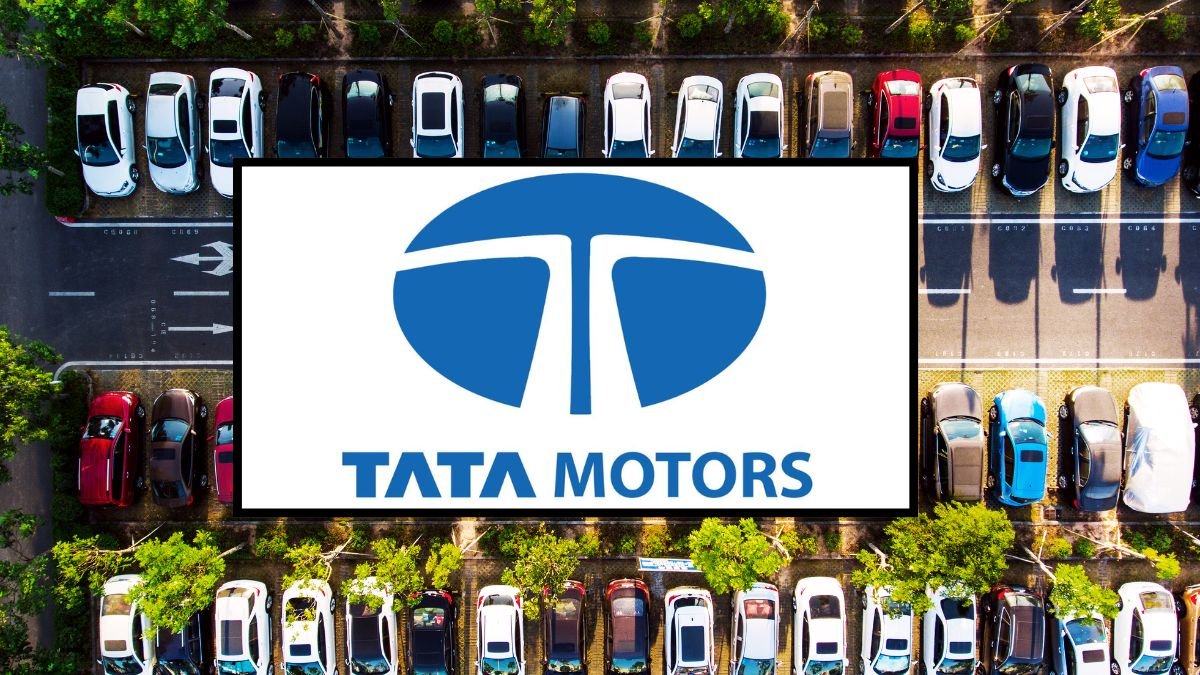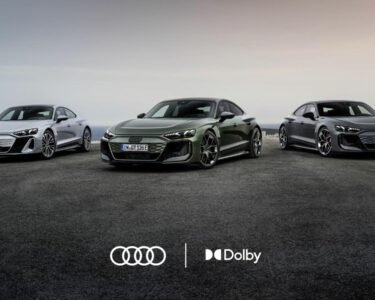Tata Motors, India’s leading EV manufacturer, is considering adding hybrid vehicles to its passenger car lineup if strong consumer demand emerges, despite previously avoiding the technology due to its carbon emissions.
Tata Motors, India’s largest manufacturer of electric vehicles, is open to considering addition of hybrid products to its passenger vehicle line-up if there is a strong-enough consumer demand for it. Hybrids, which offer a mix of internal combustion and battery technologies for the vehicle’s propulsion, have steadily gained a market share that is now more than double the share of electric vehicles. It has emerged as one of the top emerging technologies in India.
Tata Motors is the only company among India’s top five carmakers which has so far refrained from getting into hybrids as it considers the three-decade-old technology to be not as clean as electric.“Hybrids have been around for more than 3-4 decades. They do have carbon emission. However, if there is a strong consumer demand for it then we will definitely look at it as one of the additional powertrains,” said a source from Tata Motors.“It’s not a complex technology. It does not need too much of R&D; just plug and play. It should not be difficult,” added the source.
Maruti Suzuki, Toyota Kirloskar, Honda Cars and the luxury car brands have hybrid cars and sports utility vehicles (SUVs) in their India line-ups. In the March quarter, hybrids clocked three times the volume of electric vehicles at 93,000 units, and a market share of 9%.Hyundai, Mahindra & Mahindra, Kia, JSW MG Motor, Skoda, Volkswagen are also planning hybrid vehicles for the Indian market while preparing to bring electric vehicles.
When contacted, Shailesh Chandra, managing director, Tata Motors Passenger Vehicles and Tata Passenger Electric Mobility, said, “Our product strategy is always guided by customer needs and market demand. If we see a clear and growing preference for hybrid vehicles among our customers, we are fully prepared to respond with appropriate offerings.”He also added, “At this point, we do not see a strong business case for hybrids in the Indian market, particularly given the dominance of low-displacement engines and the higher cost structure associated with dual powertrains.”
Maruti Suzuki and Toyota have lobbied for a lower goods and serviced tax (GST) on hybrids as the technology offers comparatively cleaner emissions than internal combustion engine (ICE) vehicles which are in the highest tax bracket. Hybrid vehicles do not get any tax incentive and are treated on par with ICE vehicles which are taxed 28% GST on top of the 17-22% compensation cess. Electric vehicles carry only 5% GST and no cess.
The call for tax cut on hybrids, however, has seen a strong opposition from Tata Motors.“Tata Motors believes that government incentives should be directed toward technologies that require support to bridge a funding gap and accelerate innovation. Hybrid technology is a mature, commercially viable solution that no longer faces the funding or adoption barriers typically warranting government support. Directing any incentives or subsidies toward hybrids, therefore, may not represent the most effective use of government and public funds,” Chandra added.
Discover the latest in the auto world with new cars and new bikes, explore upcoming cars in India, and find your perfect match with cars under 5 lakh, 10 lakh or 15 lakh. Stay updated with the latest auto news and the rise of electric vehicles.
This article was first uploaded on June two, twenty twenty-five, at twenty-three minutes past eight in the morning.




